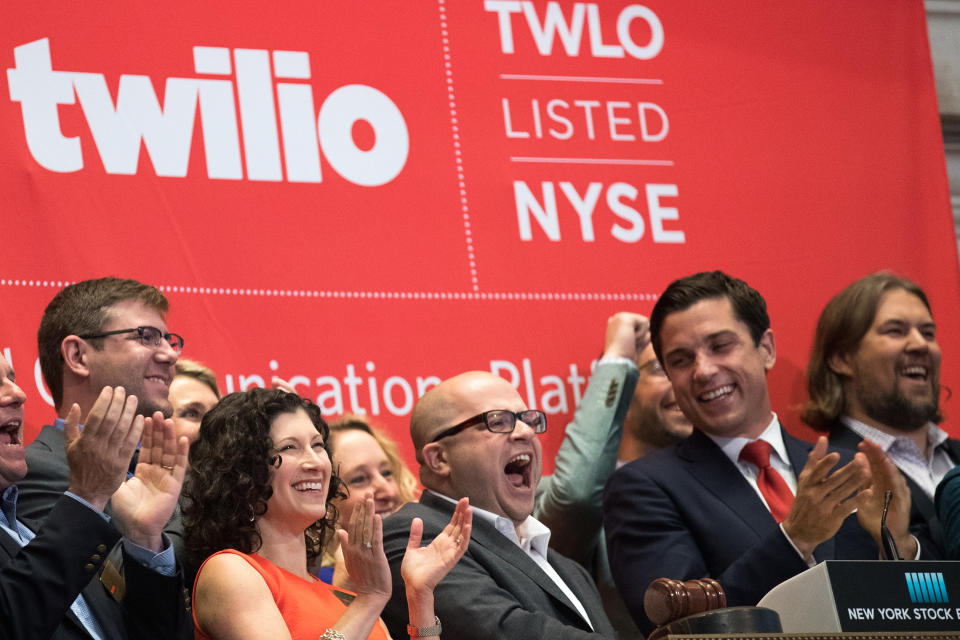Why the world needs more IPOs

Many of the greatest winning stocks throughout history were only public for less than five years before they experienced tremendous gains. Wall Street is always looking for new ideas and what better way to find them than in new, entrepreneurial companies that are just starting their growth phase. Here’s the problem: There’s a shortage of IPOs. The chart below (from Renaissance Capital) shows that through September 2, there have only been 59 IPOs vs. 131 at the same time last year.
There are a few reasons for this:
1) The Private Market is more liquid. With the recent surge in Venture Capital funds and Angel Investors, companies can easily raise money through the private markets. For example, Uber, Snapchat and Airbnb would be great stock market winners if they went public 3-5 years ago. Instead, they have no problem raising billions of dollars privately, especially because larger institutions such as Goldman Sachs and Fidelity can provide great liquidity.
2) Regulations. Many business owners I talk to prefer to stay private because the rules and regulations are so stringent. They specifically refer to the complicated filings and other restrictions that make staying private more attractive.
3) Cashing out. When many companies finally decide to go public, they mainly do it to “cash out” at high valuations and to provide better liquidity for their huge number of private investors. Facebook is a perfect example and I wouldn’t be surprised if Uber does the same thing.
All of these reasons hurt the public because we potentially miss out on investing in early growth stage companies. Back in the late ’80s and early ’90s, companies such as Dell, Microsoft, Cisco and Intel all went public at low valuations and with relatively low stock floats. As these companies grew, the decade of the ’90s provided investors with winners between 20,000%-75,000%! In addition, there are fewer opportunities now, as we have less than 3800 public companies vs. over 8500 back in 1998.
It also hurts competition because a big company doesn’t have to worry as much about a startup going public and competing with them. For example, imagine if Instagram and WhatsApp went public and competed with Facebook (FB) as social and messaging platforms. Instead, big companies can sit back and use their stock to make acquisitions rather than investing in R&D. This ends up hurting the economy and overall entrepreneurship.
There have been very few strong IPOs recently, but two successful examples Twilio (TWLO) and Acacia Communication (ACIA) have started off well because they went public at valuations around $1B instead of waiting to “cash out” at $20B or higher. We need more of them!
I can be reached at jfahmy@zorcapital.com. Read more from me here.

